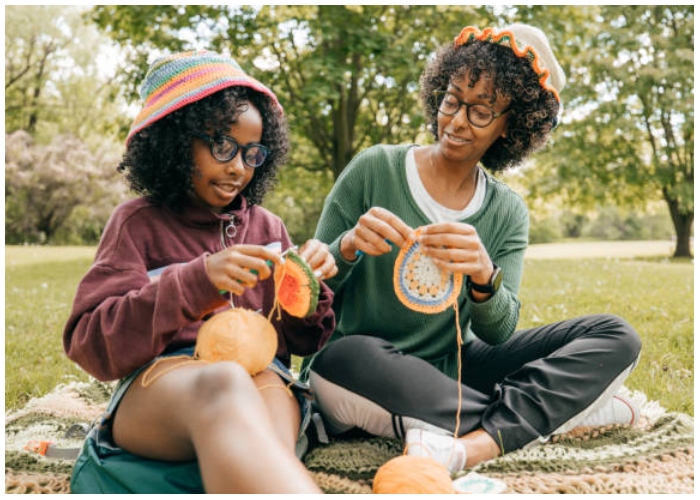In the hustle and noise of modern urban life, a quiet movement is taking root—one fueled not by productivity or profit, but by pure passion. Across cities around the world, people are turning to hobbies not just as personal escapes but as a way to build meaningful connections. Whether it’s a rooftop gardening club, a photography walk, or a late-night knitting circle in a coffee shop, hobbies are helping city dwellers create tight-knit micro-communities that bring joy, creativity, and a sense of belonging back to urban life.
The Rise of Purposeful Pastimes
Urban life is known for being busy, but it can also be deeply isolating. Long commutes, digital overload, and work-focused routines often leave little room for meaningful interaction. That’s why more people are turning to hobbies—not just to unwind, but to reconnect. In 2025, the hobby renaissance is in full swing. What was once seen as a solitary pastime is now becoming a social lifeline.
From ceramics to chess, residents in cities like New York, Seoul, and Manila are organizing themselves around shared interests. Meetup groups, local workshops, and community-driven events are popping up everywhere. These spaces allow people to step away from their screens and into shared creativity—one embroidery stitch, bike ride, or comic-drawing class at a time.
Shared Interests, Shared Spaces
What’s making this movement particularly powerful is the way hobbies are transforming physical spaces. Rooftops, basements, libraries, cafés, and even sidewalks are being reimagined as gathering places for niche interest groups. A former laundromat might host a record-listening night, while a bookstore café might double as a storytelling venue for amateur writers.
These spaces blur the line between public and private, welcoming people from all walks of life to participate. In dense urban environments where loneliness can quietly thrive, these informal clubs and meetups become little islands of connection.
Co-working spaces have also evolved to support hobbyists. Some now include art studios, podcasting booths, and craft supply libraries. These additions cater to creative minds who want to experiment without investing in costly equipment or renting full studios. The accessibility makes it easier for more people to explore new passions—or rediscover old ones.
Passion Meets Purpose
Hobby communities aren’t just about fun—they’re increasingly tied to wellness and identity. In a time where stress and burnout are common, engaging in something joyful and non-performative is deeply healing. Whether someone’s crocheting for calm, birdwatching for mindfulness, or urban sketching to feel present, hobbies help people slow down in a fast-paced world.

For many, hobbies also offer a sense of purpose. Urban gardeners grow food not only for themselves, but for food-sharing tables and community fridges. Dancers host free classes in public parks. Amateur bakers form cottage businesses. When passion turns outward and becomes communal, the result is a stronger, more connected urban culture.
Micro-Communities, Major Impact
What starts as a hobby group often evolves into something bigger—a micro-community with shared values, language, and goals. These communities foster peer support, skill-sharing, and even collective action. A group of urban cyclists might team up to advocate for safer bike lanes. A sketching club might organize a local art walk to highlight underrepresented artists in the city.
The diversity within these micro-communities reflects the diversity of the cities themselves. People of different ages, backgrounds, and experiences come together over a mutual love for something simple, and in doing so, they build bridges. These bonds can last a lifetime or just a season—but either way, they enrich the social fabric of the city.
Online Meets Offline
Of course, many of these communities begin—or expand—online. Social media platforms, especially Instagram, TikTok, and Discord, have become key tools for organizing hobby-related meetups. A trending hashtag or a viral short-form video can inspire dozens of strangers to gather for a paint-and-sip afternoon or a DIY repair café. The digital world helps these micro-communities find each other, but it’s the in-person experiences that cement the bond.
This blending of online discovery and offline activity is one of the defining traits of modern hobby culture. It allows for fluidity and flexibility: people can join when they’re free, contribute how they can, and find encouragement whether they’re beginners or experts.
Urban hobbies are a revolutionary way for city dwellers to reclaim their sense of self and connection to others. These passion-driven activities are changing how people live, one project at a time.